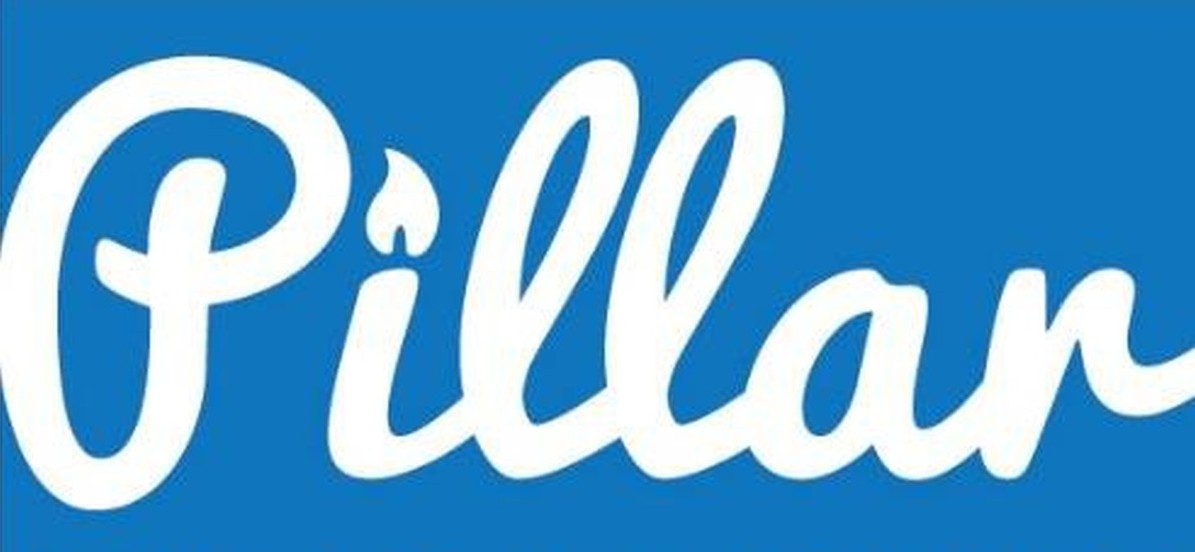
 Kincardine
KincardinePillar 1 – Recovery in Mind
We offer supported, welcoming groups and activities in which people feel safe and which help to:
Pillar 2 – Minds at Work
We provide well-supported, effective opportunities for volunteering to:
Pillar 3 – Speaking Our Minds
We aim to reduce the stigma around mental ill-health by working in partnership with others to:
Pillar 4 – Young Minds
Working in partnership with local schools, we aim to improve young people and children's knowledge and understanding of:
The Mental Health Foundation has shown that 1 in 10 children and young people will experience mental health difficulties in any one year. Although mental health issues are relatively common, it is often the case that children and young people don't get the help they need as quickly as they should. As a result, mental health difficulties such as anxiety, low mood and depression can stop young people achieving what they want in life and making a full contribution to society.
Our Mental Fitness workshops aim to get young people thinking about their own mental health and wellbeing while educating them in strategies to help them remain mentally fit and healthy. Emphasis is given to the importance of mental wellbeing in helping us to manage our lives successfully. Whether they are experiencing mental health problems or not, young people are encouraged to think about what it is that keeps them mentally fit and healthy, and how to recognise the signs and symptoms of stress, anxiety, low mood and depression, whilst introducing them to skills and resources they can use to help themselves when symptoms are considered to be within their coping abilities. They are given information on "where to find help and when" should they experience symptoms which they feel they cannot cope with on their own.
A Cognitive behavioural therapy (CBT) model known as the "Five Areas" model is used in the workshop to help students understand why they feel the way they do. The five-areas assessment approach was devised by Dr Chris Williams at the University of Glasgow and is one ofthe most commonly used ways of communicating the CBT model. In CBT, problems are broken down into five main areas:
CBT is based on the concept of these five areas being interconnected and affecting each other. For example, our thoughts about a certain situation can often affect how we feel both physically and emotionally, as well as how we act in response. Students are given exercises to help them identify the difference between helpful and unhelpful thoughts and behaviours. They are then shown how they can retain control over their wellbeing by making simple, conscious changes in one or more of these areas in their life.
Feel free to ask about our services using the form below, or contact us by telephone or email. You should normally hear back within 3 working days.
Please download the appropriate referral form using the links below, then send your completed form to us by email or post. You should normally hear back within 5 working days.